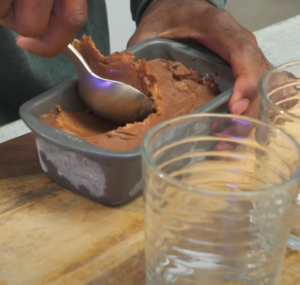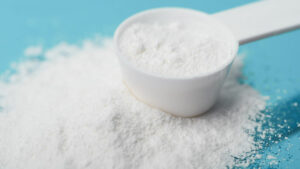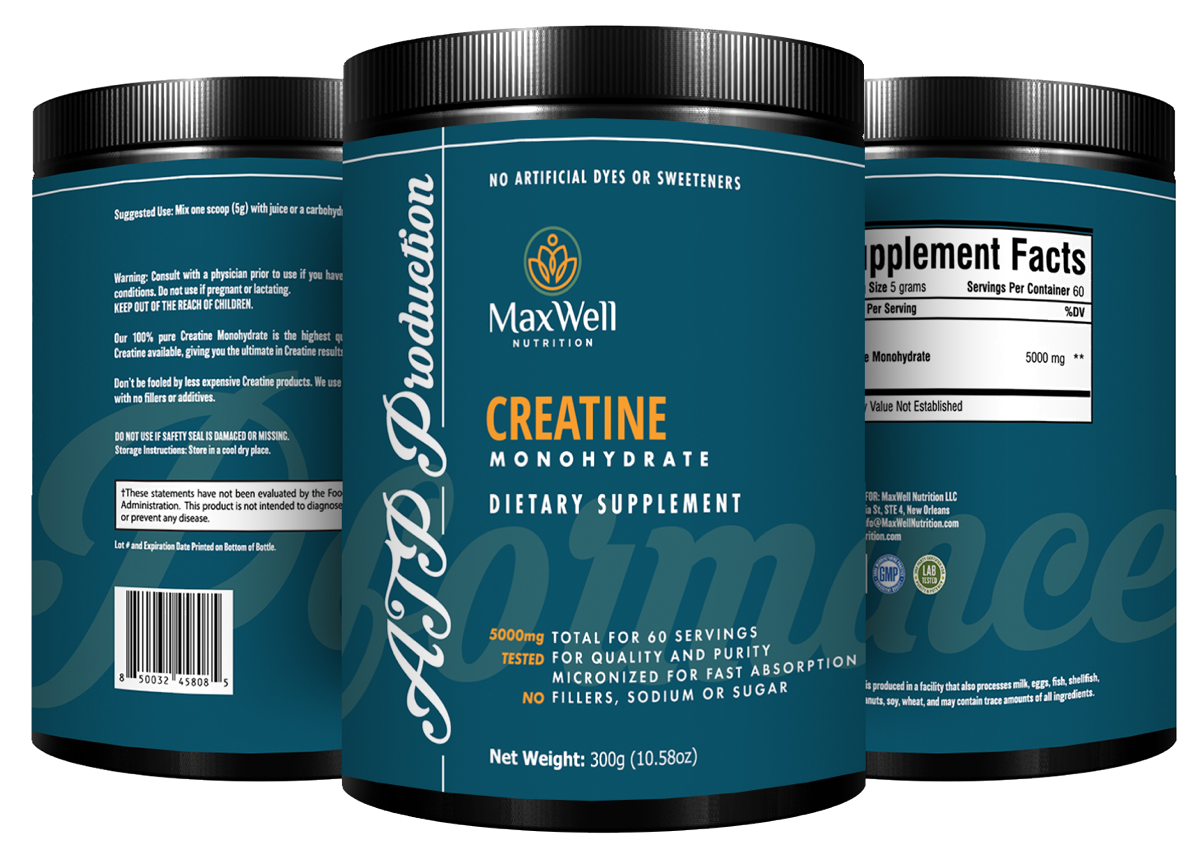Cardiovascular diseases (CVD) of the heart and blood vessels present in multiple manifestations – coronary heart disease, cerebrovascular disease, peripheral arterial disease, rheumatic heart disease, congenital heart disease, and deep vein thrombosis. The combined incidence of CVD has over taken cancer, as the worldwide leader in deaths.
According to research – Effects and Mechanisms of Tea Regulating Blood Pressure: Evidence and Promises – which appears in the May issue of the journal Nutrients, “high blood pressure is the most dangerous factor linked to CVD death events.
It’s estimated that high blood pressure is a comorbid factor in 69% of people, who have their first heart attack, and 75% of those with chronic heart failure. Clinical data shows that a 5 mm Hg blood pressure reduction can reduce the risk of stroke and ischemic heart disease by 34 and 21%, respectively.”
Stage 1 hypertension is diagnosed with a systolic blood pressure (SBP) of 130-139 mm Hg or a diastolic Blood pressure (DBP) of 80-89 mm Hg, while stage 2 is a SBP of greater than 140 mm Hg or a DBP of greater than 90. “Aging, dietary factors (for example alcohol consumption, excessive salt intake, and insufficient fruit and vegetable consumption), lifestyle factors (such as smoking and physical inactivity), and genetic predisposition have all been implicated in developing hypertension,” notes the research.
Next to water, tea – Camelia Sinensis (unfermented green tea, fermented black tea, and semi-fermented oolong tea) – is the second most consumed beverage worldwide – simple by pouring hot water over cured leaves or leaf buds. Seventy-eight percent of the world’s tea production is black tea. The active ingredients in tea, which offer numerous health benefits, are classified as polyphenolic compounds known as catechins and flavonoids.
The Nutrients researchers from the University of Hefei, China, and the State University of New Jersey, comment that, “a number of studies have shown that consumption of both green and black teas is linked to reductions in the risk of CVDs and some forms of cancers, to improved oral health, weight gain control and cognition in the elderly, and to increased antibacterial and antiviral activity and bone density.”
These researchers chose to update the anti-hypertensive effects of tea in human and animal studies – using a meta-analysis (multiple similar studies). Focusing only on the human studies, “green tea or GTE (green tea extract) supplementation evokes a small but significant reduction in blood pressure in overweight and obese adults. The data also indicated a strong beneficial effect of green tea or GTE supplementation in this group.”
Relative to the general population, it was determined that long-term habitual consumption of tea may protective against arterial stiffness – a precursor to the development of hypertension.
For hypertensive individuals, “the results indicate that black tea consumption decreases SBP and DBP by 3.2 mm Hg and 2.6 mm Hg, respectively, and prevented blood pressure increase after a fat consumption. These findings indicate that regular consumption of black tea may play an important role in cardiovascular protection.”
Research points out that two-thirds of people with type 2 diabetes have high blood pressure. The meta-analysis revealed that, “supplementation of GTE powder led to a significant reduction in DBP, but no significant changes in SBP.”
From an aging perspective, the research demonstrated that regular tea consumption was inversely associated with presence of hypertension.
It certainly made sense during my annual physical, when my physician asked, “how much tea do you drink?”











